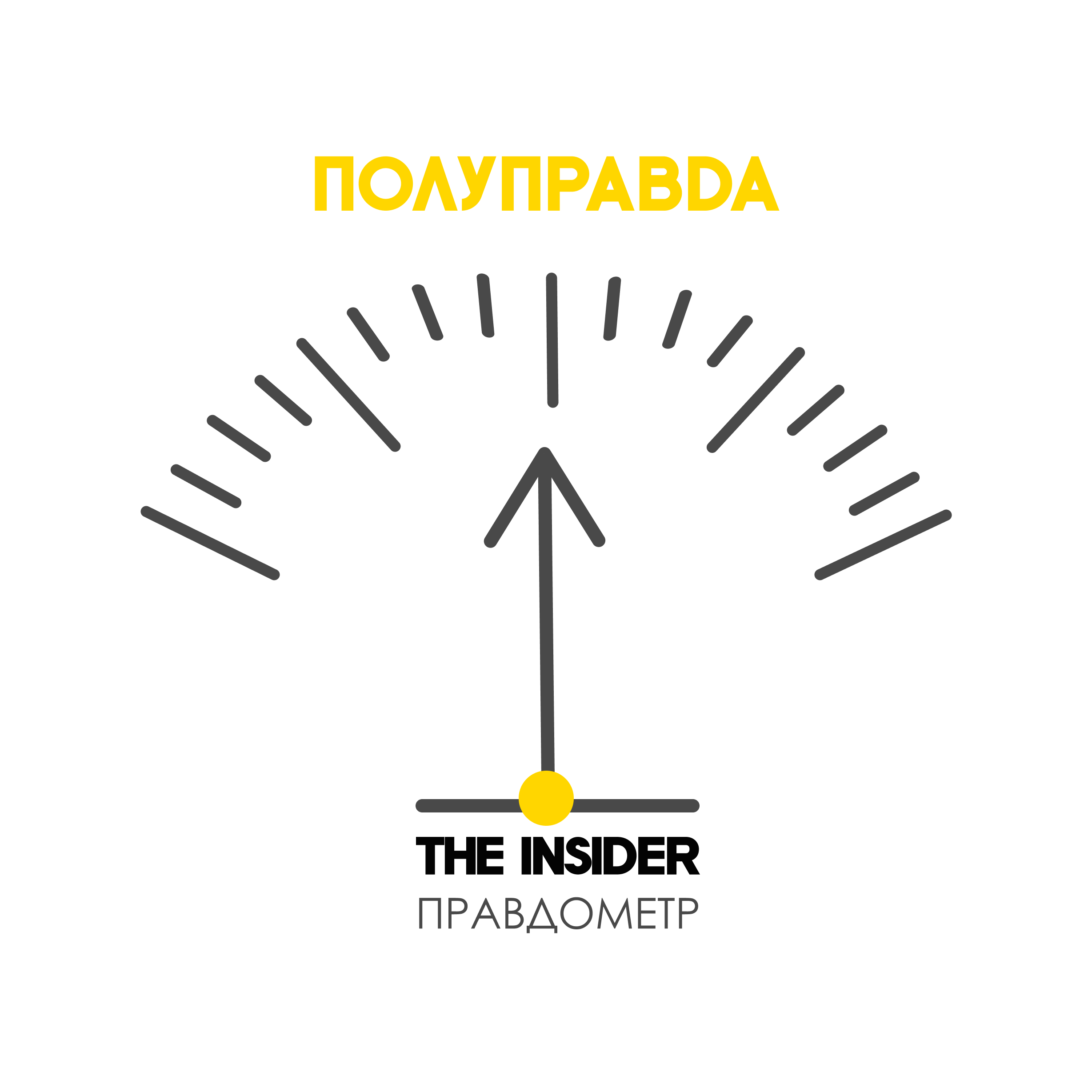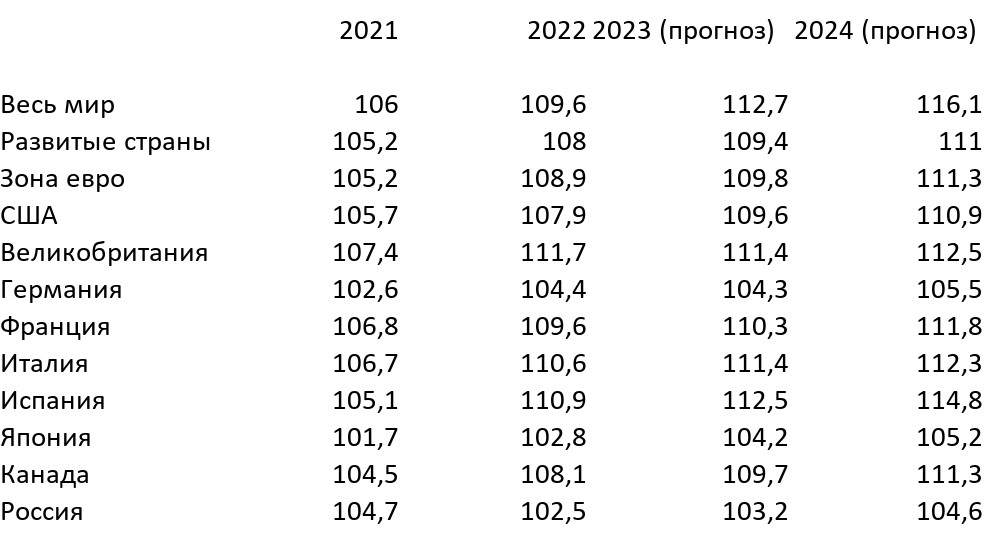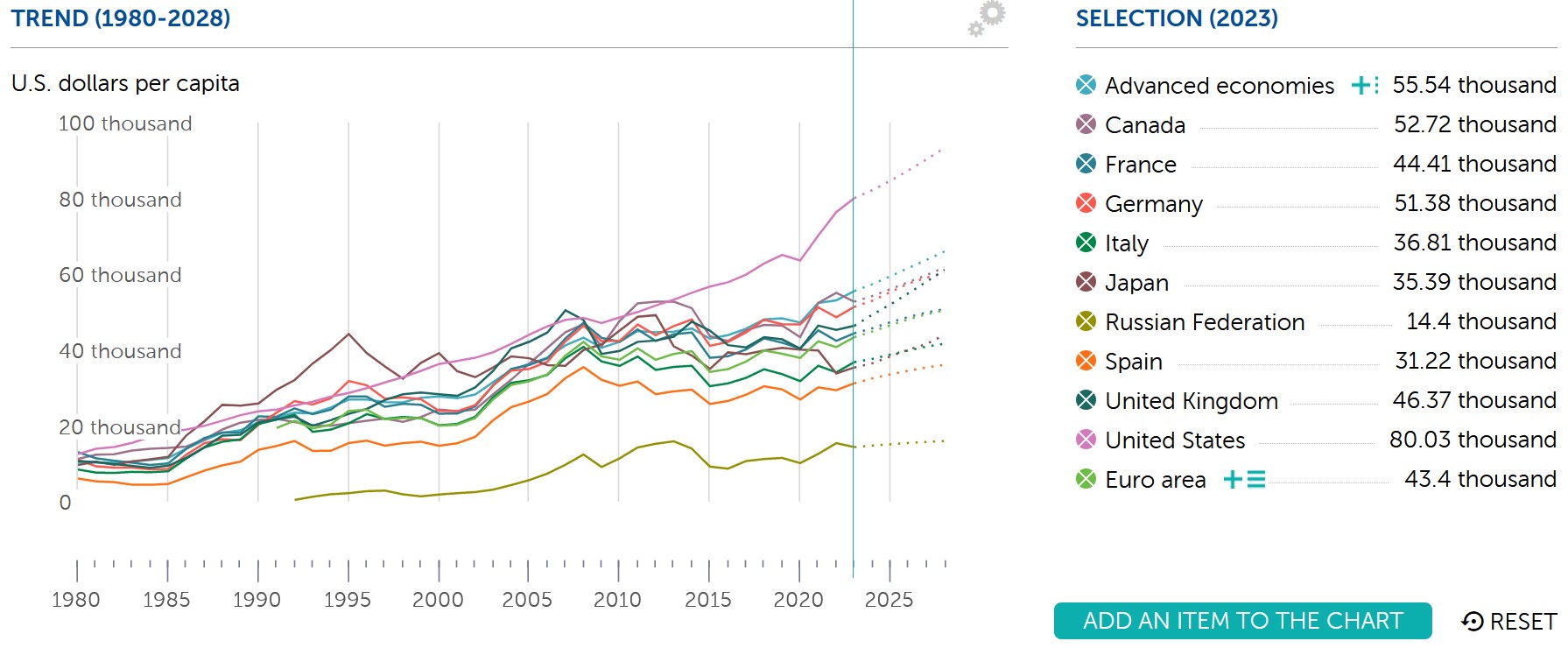One of the Kremlin's favorite topics of propaganda is the impact of sanctions on the economies of Russia and Western countries. The main thesis is that the Russian economy was practically not damaged by the sanctions, but the West suffers from them. Vladimir Putin spoke about this in his message to the Federal Assembly, and Dmitry Kiselev in Vesti Nedeli, but this time Kiselev found a new justification:
“The head of European diplomacy, Josep Borrell, began to engage in auto-training, as if persuading himself and his colleagues: “We insist that sanctions against Russia work. We cannot cancel them until they bring results. It's like a diet, the result is not achieved the next day. It is necessary to take measures, and gradually there will be an effect. Later, Borrell compared the sanctions against Russia no longer with a diet, but with arsenic: “Many people think that the sanctions are ineffective, that they have not weakened the Russian economy, but vice versa. But sanctions are a slow-acting poison, like arsenic.”
Meanwhile, Europe, wounded by its own sanctions, boiled over. On February 1, half a million Britons took to the streets to demand higher wages for state employees. On February 11, in Lisbon, 150 thousand Portuguese, which, given the balance of the national character, a lot, rallied, demanding higher wages and pensions due to rising prices. On February 12, a strike by Spanish air traffic controllers paralyzed the work of 17 airports in the country. At the beginning of March, a strike in Greece stopped the railways and even the metro. On March 8, they went on strike in Tbilisi. On March 12, a crowded march "Czech Republic Against Poverty" took place in Prague. And a little later, in Germany, a warning strike stopped air travel and railways for a day.
France, perhaps, supplied pictures from its streets brighter than others. Injury and hopelessness. Then came grain protests in Eastern Europe over the cheap importation of Ukrainian grain with GMOs and chemicals banned in the EU. In the tenth of April, Romanian farmers even blocked the checkpoints with Ukraine. I do not want to praise myself against this background. And voices appear in the West, which quite accurately reflect the essence of what is happening. Sanctions are a grandiose strategic miscalculation. I hope this doesn't sound long, just four short paragraphs from a recent article in American Thinker magazine. The publication takes a conservative position.
“Large-scale sanctions imposed by the West against Russia in connection with its actions in Ukraine are gradually taking the form of the most grandiose miscalculation of the Western world in modern history. These sanctions have not brought the Russian economy to its knees, as many predicted. On the contrary, Western economies are suffering first of all, and their economic growth has practically stopped. Many of them face both high inflation and energy shortages. At the same time, Russia's influence is growing in Asia, Africa and South America. Never before, since the days of the USSR, have we had so many friends. According to IMF forecasts, this year the Russian economy will grow faster than the economies of Germany and the UK. Next year it will grow faster than the economies of the United States, Japan, Italy and many other Western countries. Russia's per capita GDP growth will exceed that of advanced economies, and it will also achieve the lowest public debt-to-GDP ratio of the G20. Unemployment in Russia is 3.5%, the lowest level since the fall of the Soviet Union.”

Why Kiselev believes that the protests in the West are somehow connected with the sanctions, he does not explain. The fact that protests and strikes are a fairly constant phenomenon in developed countries with a strong trade union movement somehow does not occur to him, although he could remember, for example, that in France, for example, large-scale protests of the “yellow vests” began in 2018 – long before the attack on Russia and Ukraine and the associated sanctions. Against the background of the “yellow vests” actions, TASS even published a brief history of the French strike movement, which talked about general strikes and riots in 1968, 1995, 2005, 2013, 2016, 2017 and 2018. The latest wave of French protests is not about sanctions, but about the government's decision to raise the retirement age from 62 to 64. The protests of Eastern European farmers against the import of cheap Ukrainian grain, all the more, have nothing to do with sanctions.
But let's take a closer look at the "rapid growth" of the Russian economy. Indeed, according to the IMF forecast, it will grow faster in 2023 than in the UK and Germany, because these two countries are expected to have generally negative growth. But the IMF predicts real GDP growth in Russia by the end of 2023 by 0.7%, while around the world as a whole – by 2.8%, in economically developed countries – by 1.3%, in the euro area – by 1%. .4%, in the USA – by 1.6%. If you look at the speed with which the GDP of different countries is recovering after the fall caused by the COVID-19 pandemic, the picture will turn out to be not at all happy for Russia: even in 2024, it will not reach the level of 2021.
The table, compiled on the basis of IMF data, presents real GDP as a percentage of 2020 levels:

With the growth of GDP per capita, it is still more difficult :

And as for the low level of unemployment, Putin recently bragged about it at a meeting with the workers of the Tula plant. But I forgot to say that this is offset by a record high hidden unemployment: those who are sent on vacation without pay or are in forced downtime are not officially considered unemployed.


